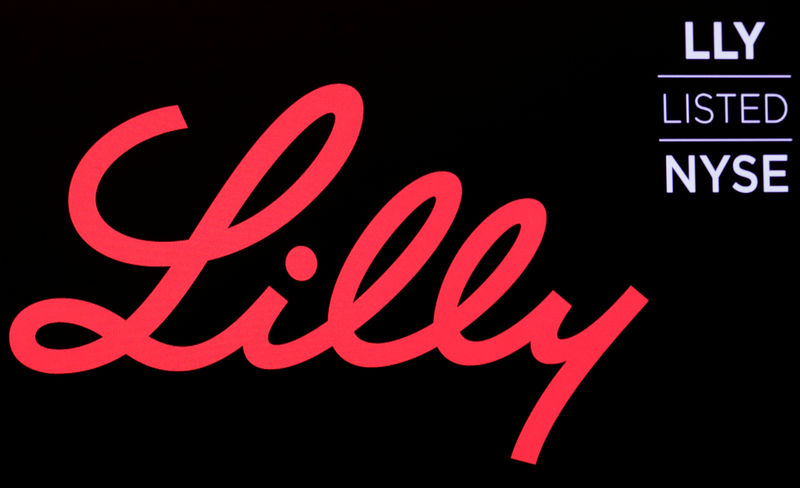The GLP-1 obesity market will grow to approximately $90 billion by 2029, driven by significant expansion in obesity treatments, UBS analysts projected in a note published on Tuesday.
The combined GLP-1 market for obesity and diabetes will reach $150 billion by 2029, reflecting a 33% compound annual growth rate from 2023 to 2029, said analysts in an updated forecast which is part of a broader estimate.
The key factor of these changes is the growth in obesity treatment, with an expected 28 million GLP-1 patients representing 9% penetration of non-type 2 diabetic obese and overweight patients, said UBS.
UBS believes that the market is underestimating the potential penetration of orforglipron and therefore the bank has raised its sales forecast for orforglipron to $17 billion by 2029, up from a previous estimate of $4 billion, and significantly higher than the consensus estimate of $5 billion.
UBS attributes this increase to the convenience of an oral option, which could shift some patients away from Zepbound and accelerate obesity treatment penetration while easing current capacity constraints. UBS anticipates that consensus estimates will be upgraded as Phase 3 data for orforglipron becomes available next year.
Despite ongoing discussions about GLP-1 pricing from both Capitol Hill and payors, UBS does not expect significant pricing headwinds in the near term while the market remains capacity constrained.
However, in the longer term, if semaglutide is selected for direct negotiation under the Inflation Reduction Act, UBS's model anticipates pricing headwinds beyond the typical low-single-digit increases, with the gross-to-net bubble expanding over time.
Recent competitive developments have been noted, but UBS expects limited impact, maintaining a forecast of a duopoly between Eli Lilly (NYSE:LLY) and Novo Nordisk (NYSE:NVO), with potential competition entering around 2028. It predicts limited penetration from new entrants, estimating less than 10% market share by 2029 due to the strong entrenchment of Lilly and Novo.
Moreover, UBS has revised its expectations for medicare coverage of anti-obesity medications, now anticipating coverage to begin in 2024 instead of the previously estimated 2027.
This revision follows recent CMS guidance that covers FDA-approved anti-obesity medications for additional medically accepted indications, such as cardiovascular outcomes trials, obstructive sleep apnea, and non-alcoholic steatohepatitis. However, UBS expects a slow ramp-up in coverage due to ongoing capacity constraints.
